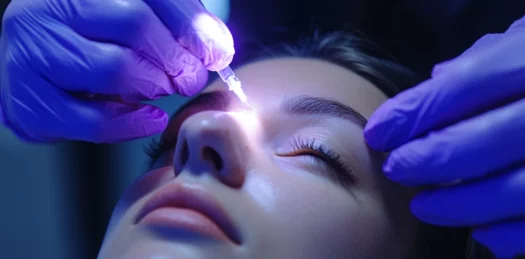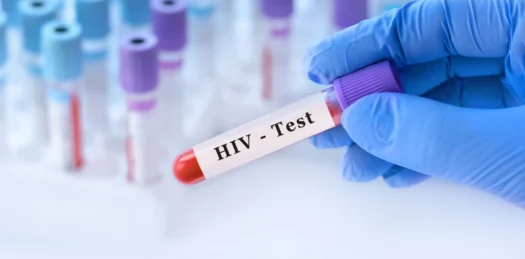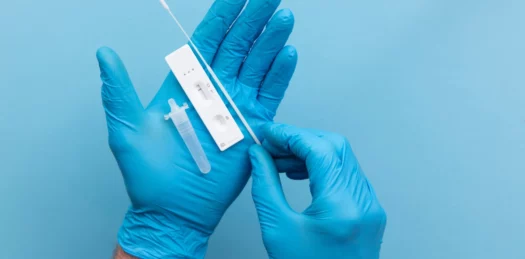Determination of the so-called trial feasibility is one of the first steps in the performance evaluation of a diagnostic medical device. This process includes the assessment of environmental potential in a given geographical location and whether the trial fits in with the following: guidelines included in the protocol, the analyte used, subject types and the potential for conducting the trial in a given country. Thorough trial feasibility verification allows for a realistic assessment, as well as for the efficient commencement and conduct of a clinical trial.
Trial feasibility can be assessed at many levels. The primary trial feasibility check includes analysis of the trial protocol. Proper selection of a trial site stems from a properly performed site analysis. A review of the data regarding trial subject recruitment and demographic estimations at the local level is also important.
Feasibility analysis at the epidemiological level allows to determine the incidence rate of a certain condition in a given geographical region, as well as to conduct data analysis and verify ethical issues. The key element at the trial commencement stage is also checking trial feasibility at the legislative level, which requires the knowledge of applicable legal regulations in a given region.
By cooperating with Pure Clinical, IVD manufacturers can efficiently confirm trial feasibility, adjust the protocol to local conditions and save time spent on preparations. The advantage we offer is prompt action and familiarity with local conditions.
Q&A:
What factors impact trial feasibility?
Trial feasibility is influenced by external factors, such as epidemiological situation or availability of samples. Trial feasibility also depends on the specific aspects of a site where testing is planned to be performed.How to confirm trial feasibility?
The trial feasibility check is a multi-faceted topic and requires an analysis of epidemiological aspects, verification of trial sites capabilities and the stage of preparations of the in vitro diagnostic device manufacturer for trial commencement.
Trial feasibility should be investigated in many aspects through the analysis of generally available data, conducting and verifying surveys, discussions with professionals in a given discipline or taking into consideration the existing expertise.
What factors impact trial feasibility?
Trial feasibility is influenced by external factors, such as epidemiological situation or availability of samples. Trial feasibility also depends on the specific aspects of a site where testing is planned to be performed.
How to find the appropriate trial site?
When searching for a trial site, it is crucial to define the primary assumptions for the trial. The planned trial population, equipment and quality assurance system should be taken into consideration. Access to an appropriate number of samples is the key aspect when searching for a site.
Population size in a given region
The basic trial planning element in a given country is checking the number of cases registered in the region that could be included in the trial. The number of positive samples impacts the future trial conduct pace and the statistical analysis.




